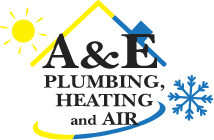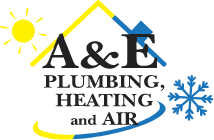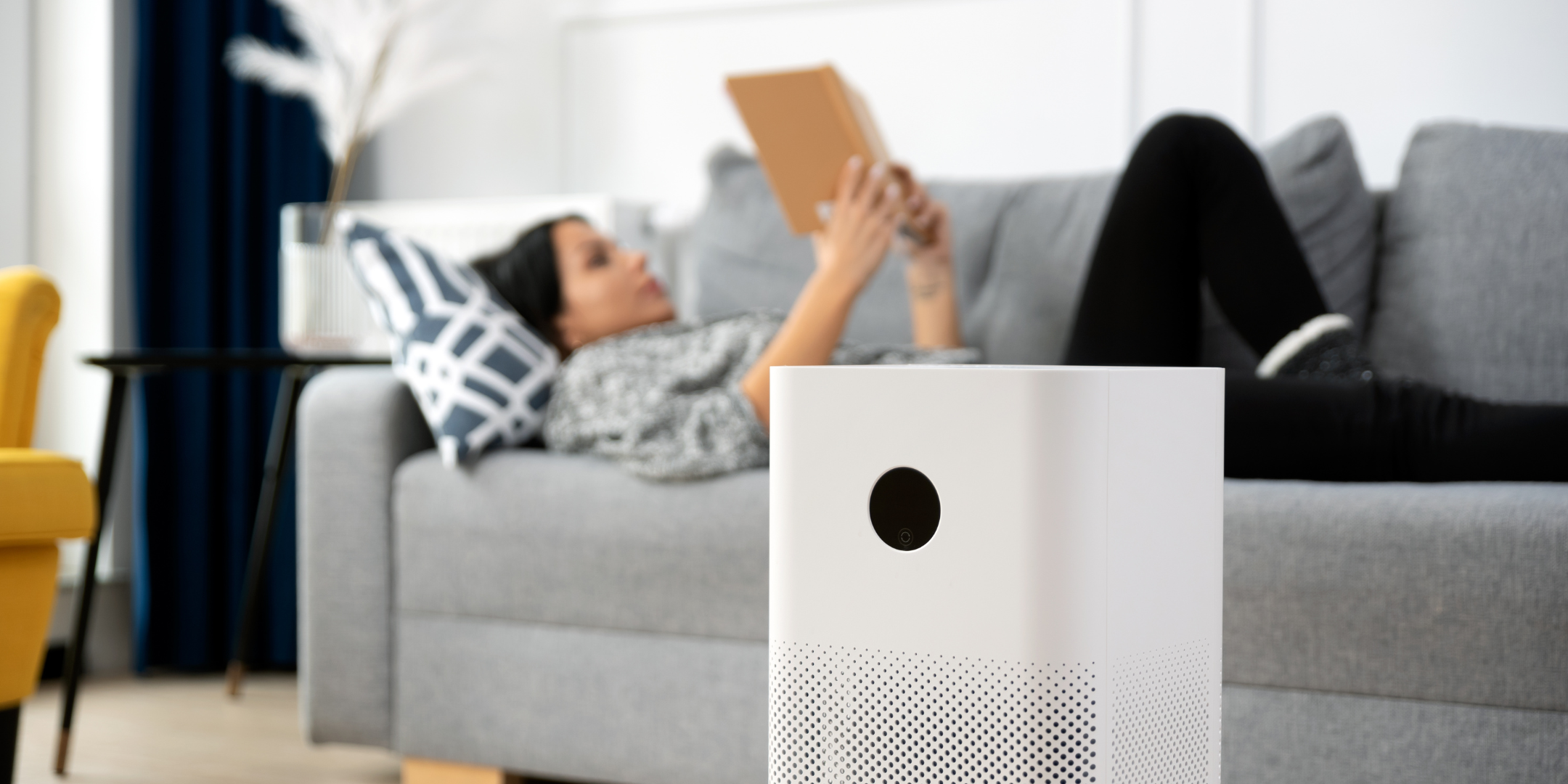
In the hustle and bustle of daily life, we often overlook the air we breathe, especially indoors where we spend the majority of our time. Indoor air quality (IAQ) isn't just about comfort; it's a crucial factor in our health, well-being, and productivity. As we close our windows and doors to the elements outside, we could be trapping more than just warmth and coziness inside. -2.png?width=476&height=317&name=HUBSPOT%20IMAGE%20FORMAT%20(13)-2.png)
With over 16 years of experience, our HVAC company knows exactly how to tackle the unseen enemies polluting your indoor air. We understand the struggles you face with allergens, dust, and other air quality issues. From dust mites and pet dander to mold spores and chemical pollutants, the air within our walls can become a cocktail of potential health hazards.
This article dives into the significance of indoor air quality, its impact on health, and the steps you can take to ensure the air you and your family breathe indoors is as clean and healthy as possible.
Health Impacts of Poor Indoor Air Quality
The Environmental Protection Agency (EPA) in the United States emphasizes the importance of good IAQ, noting that pollutants indoors can be 2 to 5 times higher than outdoor levels. These indoor pollutants come from various sources, including building materials, household products, and outdoor air pollution entering the home.-1.png?width=471&height=314&name=HUBSPOT%20IMAGE%20FORMAT%20(14)-1.png)
While it's true that poor IAQ can lead to feeling under the weather, like experiencing headaches or feeling tired, it's also manageable and preventable. For those with asthma or allergies, paying attention to indoor air can help ease symptoms.
And while everyone can benefit from cleaner air, it's especially helpful for the very young, the elderly, and anyone already dealing with health issues. The good news is there are straightforward steps we can all take to keep our indoor air clean and healthy for everyone.
4 Common Sources of Indoor Air Pollution
Understanding the sources of indoor air pollution is the first step toward improvement. Here's a closer look at some common pollutants, their sources, and their impact on health:
1. Mold and Dampness
Mold thrives in places where there's not much air movement and moisture can build up. It's true that mold can lead to things like coughing or wheezing, especially for those with asthma. But the good news is, managing mold is totally doable! By letting fresh air in, fixing any leaks, and keeping the humidity down in your home, you can keep mold at bay. This means a healthier living space and less worry about those pesky mold spores.
2. Volatile Organic Compounds (VOCs)
Volatile Organic Compounds, or VOCs, are gasses that some everyday products release. You might find them in things like paints, cleaners, and even cosmetics. While it's true that VOCs can affect our health, making small changes at home can greatly reduce any risks.
The Environmental Protection Agency (EPA) suggests that the effects can range from a mild irritation of the eyes, nose, and throat, to headaches and nausea. The good news is, you can lower your exposure by following product instructions carefully, keeping your home well-ventilated, and choosing items with lower VOC levels. It's all about being mindful of the products we use and how we use them, ensuring our homes stay healthy and comfortable.
3. Dust Mites and Pet Dander
While it's true that our furry friends can affect indoor air quality, managing this doesn't have to be a big worry. Dust mites, tiny creatures thriving in cozy environments, and pet dander, those little skin flakes our pets shed, can stir up allergies and asthma for some. But here's the good news: simple steps can keep everyone happy and healthy at home.
The American Lung Association suggests keeping humidity in check and staying on top of cleaning to keep dust mites at bay. As for pet dander, regular vacuuming and setting boundaries like keeping pets off the furniture can significantly reduce any allergy triggers. So, you and your pets can enjoy your home together, comfortably and healthily.
4. Tobacco Smoke
We all know those memorable ads encouraging people to quit smoking, and while they might be a bit much, they do highlight an important point: quitting smoking can do wonders for the air quality in your home. Secondhand smoke, with its many chemicals, is something we're better off without.
By choosing not to smoke indoors, you're not just making a healthy choice for yourself but also improving the environment at home, making it safer and more pleasant for everyone, especially those with conditions like asthma. Making your home a smoke-free zone is a straightforward step towards cleaner air and healthier living for all.
Improving Indoor Air Quality
Improving the quality of the air inside your home is essential for your health and the well-being of your family. Here’s a deeper look into steps you can take today to enhance your home’s Indoor Air Quality (IAQ), and when it might be time to call in the professionals at A&E Plumbing, Heating and Air.
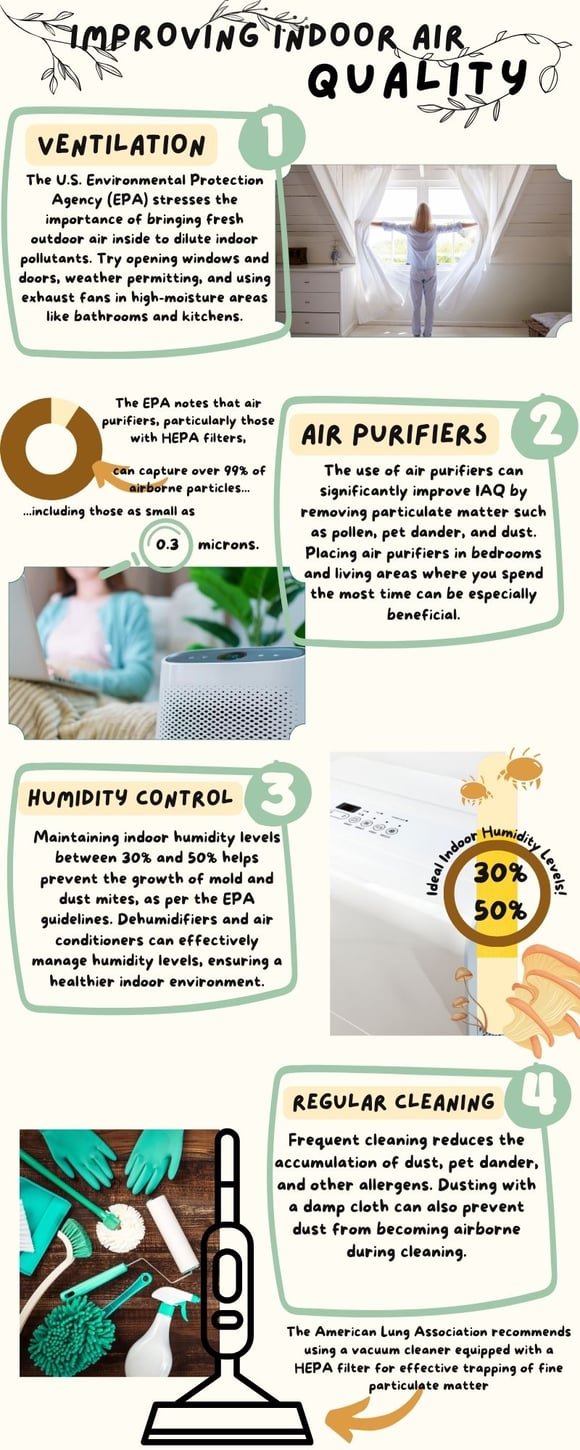
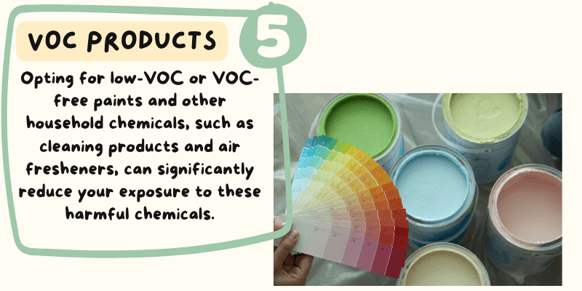
Check out this list of low-VOC or VOC-free paints!
4 Symptoms to Call an HVAC Expert About
While the above steps are effective in improving IAQ, certain situations require professional intervention. Here’s when you should consider calling your local HVAC experts:
1. Persistent Health Symptoms
If you or your family members experience ongoing respiratory issues, headaches, or other health problems related to poor IAQ, despite taking the above measures.
2. HVAC Maintenance and Repairs
Professional maintenance of your HVAC system ensures it's running efficiently and not contributing to indoor air pollution.
3. Installing Air Purification Systems
For whole-house solutions, professionals can recommend and install advanced air purification systems that integrate with your existing HVAC system.
that integrate with your existing HVAC system.
4. Expert Advice on Humidity Control
If you're struggling with high humidity levels, a professional can assess your home and suggest the best solutions, such as integrated dehumidifiers.
Prioritizing Clean Air Solutions
In our fast-paced world, the quality of the air we breathe inside our homes can easily be overlooked, yet it remains a critical aspect of our overall health, comfort, and productivity. Poor indoor air quality (IAQ) harbors the potential to not just disrupt our comfort, but significantly impact our health, with a range of issues from minor irritations like headaches and dizziness to severe outcomes such as respiratory diseases and cancer.
Especially vulnerable are children, the elderly, and those with pre-existing health conditions, making it essential for everyone to pay attention to the air in our living spaces.
With over 16 years of experience, our team stands ready to tackle the unseen enemies polluting your indoor air, offering professional HVAC maintenance, repairs, air purification systems installation, and expert advice on humidity control. With a team of skilled professionals, we’re equipped to provide tailored solutions that ensure your home is not only comfortable but also promotes your health and safety. Reach out today to learn more about how we can meet your IAQ needs today!
Daphne Hunt holds a bachelor's degree in English and Mass Communication and has a lifelong passion for writing. She thrives on using her skills to craft compelling pieces that inform, inspire, and connect with readers.
Topics:
